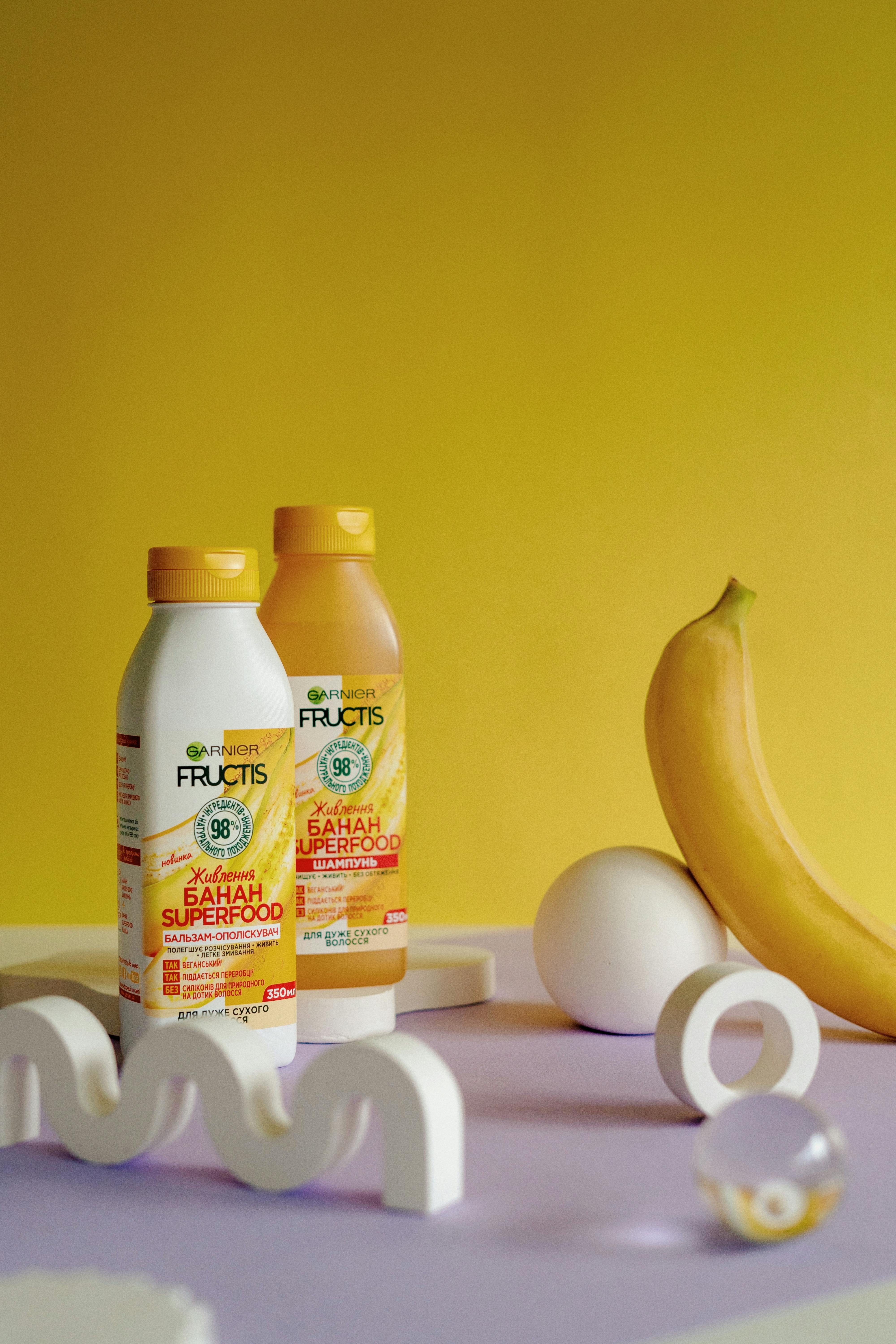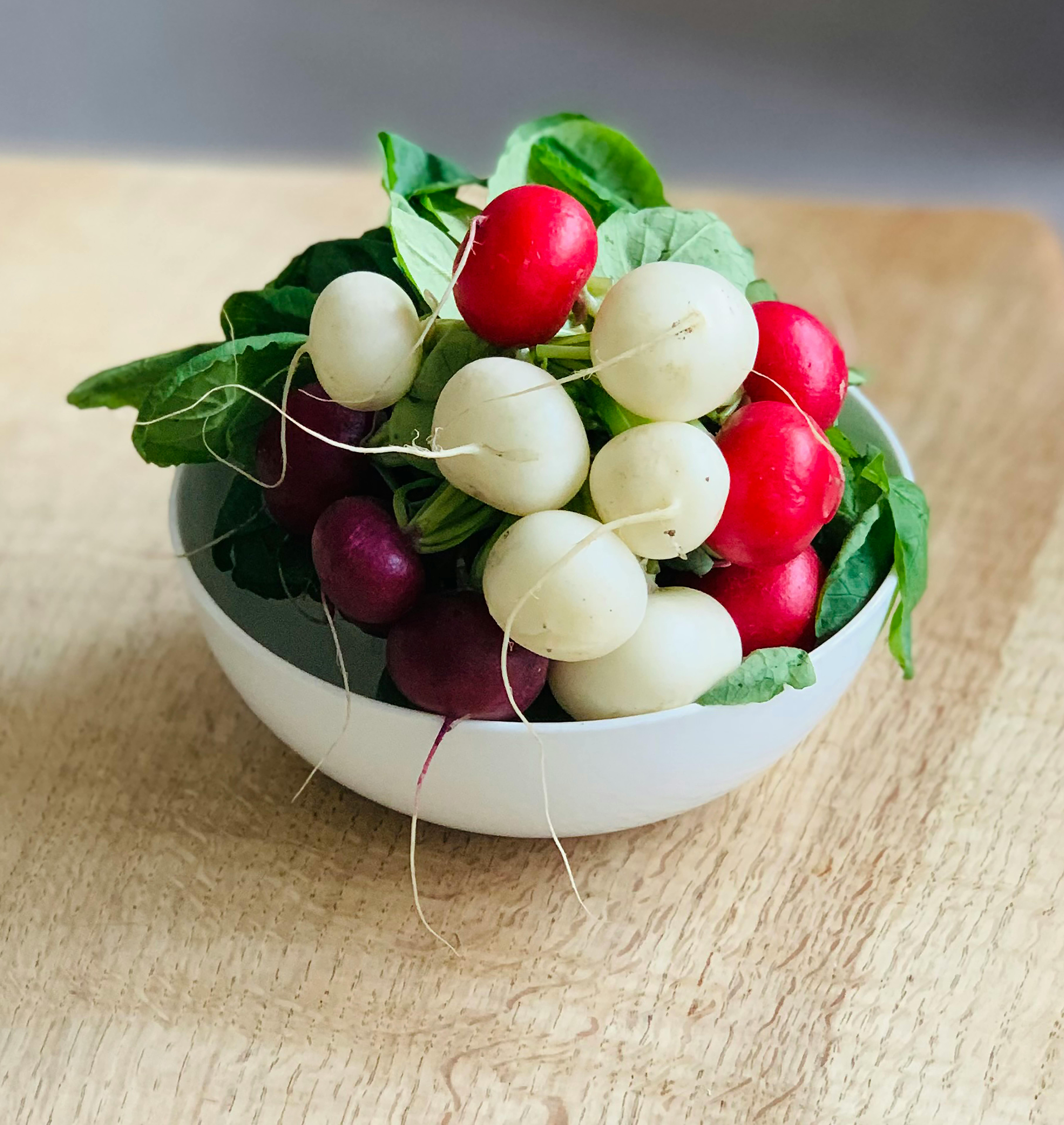Whole Food Nutrition: A Complete Guide
Are you looking to improve your diet and overall health? Look no further than whole food nutrition. In this complete guide, we will delve into the benefits of whole food nutrition and provide you with tips on how to incorporate it into your daily life.
What is Whole Food Nutrition?
Whole food nutrition is all about consuming foods in their most natural and unprocessed state. This means sticking to whole, unrefined, and unadulterated foods that are as close to their original form as possible. Think fruits, vegetables, whole grains, nuts, seeds, and lean proteins like fish and poultry. By focusing on whole foods, you are providing your body with the essential nutrients it needs to thrive.
The Benefits of Whole Food Nutrition
Eating a diet rich in whole foods offers a multitude of health benefits. Whole foods are packed with essential vitamins, minerals, antioxidants, and fiber that are not present in processed foods. These nutrients are vital for supporting your immune system, improving digestion, maintaining a healthy weight, and reducing the risk of chronic diseases. In addition, whole foods are lower in added sugars, sodium, and unhealthy fats, making them a healthier option for overall well-being.
Improved Digestion
Whole foods are easier for your body to digest compared to processed foods that are packed with artificial additives and preservatives. By focusing on whole foods, you can support a healthy gut microbiome, which is essential for optimal digestion and nutrient absorption.
Weight Management
Whole foods are nutrient-dense and naturally lower in calories compared to processed foods high in sugar and unhealthy fats. By switching to a whole food diet, you can better manage your weight and reach your health goals more effectively.
Enhanced Energy Levels
Consuming whole foods provides your body with a steady source of energy throughout the day. Unlike processed foods that can lead to energy crashes, whole foods fuel your body with sustained energy, helping you feel more alert and focused.

How to Incorporate Whole Foods into Your Diet
Now that you understand the benefits of whole food nutrition, it’s time to learn how to incorporate these nutrient-rich foods into your daily meals.
Focus on Plant-Based Foods
Start by filling your plate with a variety of colorful fruits and vegetables. These plant-based foods are rich in vitamins, minerals, and antioxidants that are essential for optimal health. Aim to make half of your plate fruits and vegetables at every meal to boost your nutrient intake.
Choose Whole Grains
Opt for whole grains like brown rice, quinoa, oats, and whole wheat bread over refined grains like white rice and white bread. Whole grains are a great source of fiber, which helps support digestion and keeps you feeling full and satisfied.
Include Lean Proteins
Incorporate lean proteins like fish, chicken, turkey, tofu, and beans into your meals. Protein is essential for muscle repair, immune function, and hormone production. By choosing lean protein sources, you can fuel your body with quality nutrients without the added saturated fats found in processed meats.
Healthy Fats
Don’t be afraid of fats! Focus on healthy fats like avocados, nuts, seeds, and olive oil. Healthy fats support brain function, hormone production, and heart health. Remember, it’s all about balance, so enjoy these fats in moderation as part of a well-rounded diet.
Limit Processed Foods
Minimize your intake of processed foods like sugary snacks, fast food, and pre-packaged meals. These foods are often high in added sugars, unhealthy fats, and preservatives that can have a negative impact on your health. By focusing on whole foods, you can reduce your intake of these harmful ingredients and support your overall well-being.
Meal Prep
One of the easiest ways to incorporate whole foods into your diet is by meal prepping. Dedicate a day each week to preparing healthy meals and snacks that you can enjoy throughout the week. This will help you stay on track with your nutrition goals and avoid reaching for unhealthy convenience foods when you’re short on time.
Stay Hydrated
Water is essential for overall health and plays a key role in digestion, nutrient absorption, and energy production. Aim to drink at least eight glasses of water a day to stay hydrated and support your body’s natural functions. You can also hydrate with herbal teas, sparkling water, and infused water for added flavor and variety.
Whole Food Nutrition on a Budget
Eating a whole food diet doesn’t have to break the bank. With some strategic planning and smart shopping, you can enjoy nutrient-rich foods without exceeding your budget.
Shop Seasonal Produce
Opt for seasonal fruits and vegetables as they are more affordable and readily available. Seasonal produce is also fresher and tastier, making it a great option for incorporating whole foods into your diet. Visit local farmers markets or co-ops for the best deals on fresh, in-season produce.
| Season | Fruits | Vegetables |
|---|---|---|
| Fall | Apples, Pears, Pumpkins | Brussels Sprouts, Squash, Sweet Potatoes |
| Winter | Citrus Fruits, Kiwi, Pomegranates | Kale, Spinach, Winter Squash |
| Spring | Berries, Cherries, Rhubarb | Asparagus, Peas, Radishes |
| Summer | Peaches, Watermelon, Zucchini | Cucumbers, Tomatoes, Bell Peppers |
Buy in Bulk
Purchase staple items like grains, legumes, nuts, and seeds in bulk to save money in the long run. Buying in bulk allows you to stock up on essentials and reduce your grocery bill over time. Store these items in airtight containers to keep them fresh and prevent spoilage.
Plan Your Meals
Create a weekly meal plan based on what’s on sale and in season. By planning your meals in advance, you can avoid impulse purchases and make the most of your grocery budget. Look for recipes that use similar ingredients to reduce waste and save money on your grocery bill.
Utilize Frozen Produce
Frozen fruits and vegetables are a budget-friendly alternative to fresh produce and are just as nutritious. Stock up on frozen berries, peas, spinach, and corn to have on hand for smoothies, stir-fries, and soups. Frozen produce is convenient, retains its nutritional value, and is often more affordable than fresh options.

Conclusion
Whole food nutrition is a simple and effective way to improve your diet and overall health. By focusing on nutrient-dense whole foods, you can support your body with essential vitamins, minerals, antioxidants, and fiber that are vital for optimal well-being. Incorporate whole foods into your meals by choosing plant-based foods, whole grains, lean proteins, healthy fats, and limiting processed foods. With some planning and creativity, you can enjoy the benefits of whole food nutrition without breaking the bank. Start small, make gradual changes, and watch as your health and energy levels soar. Your body will thank you!








